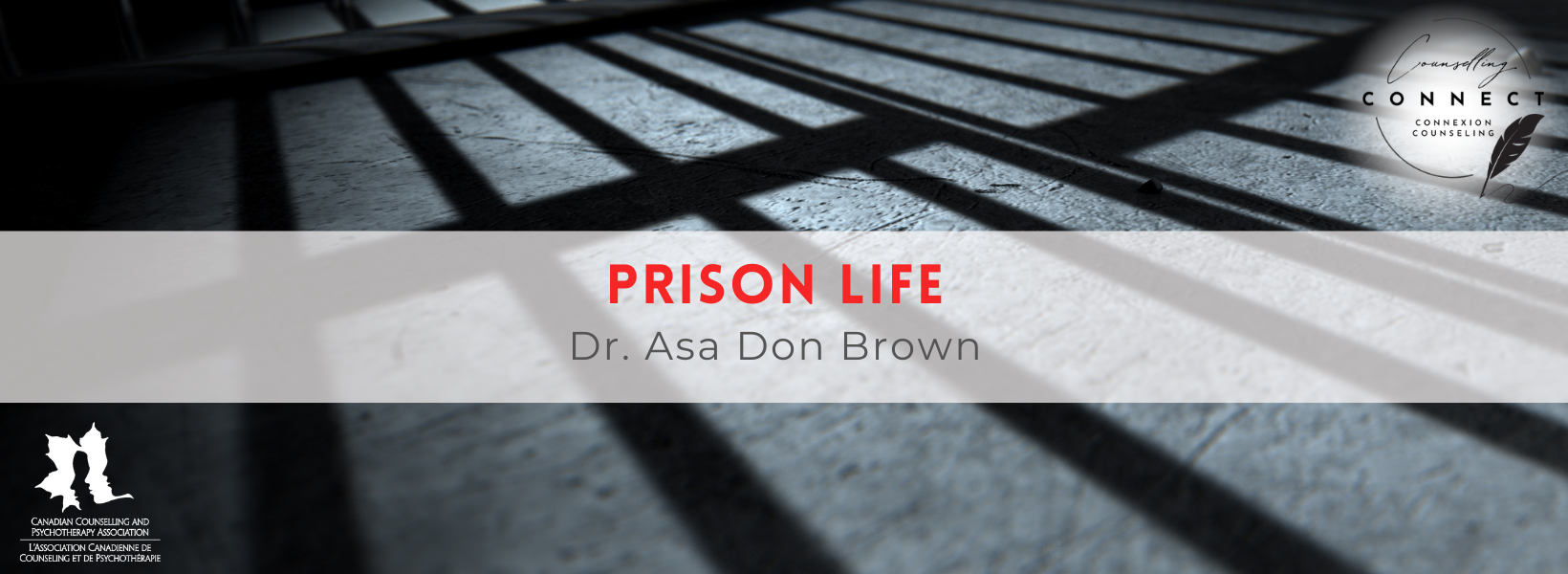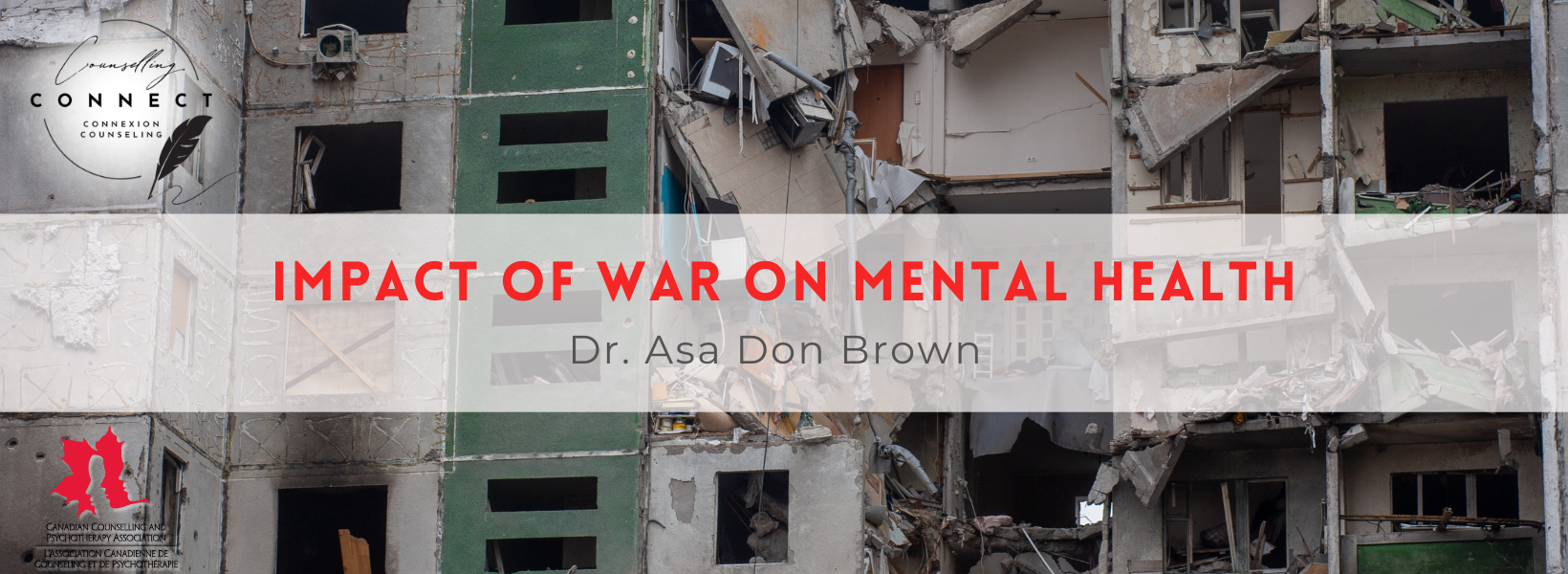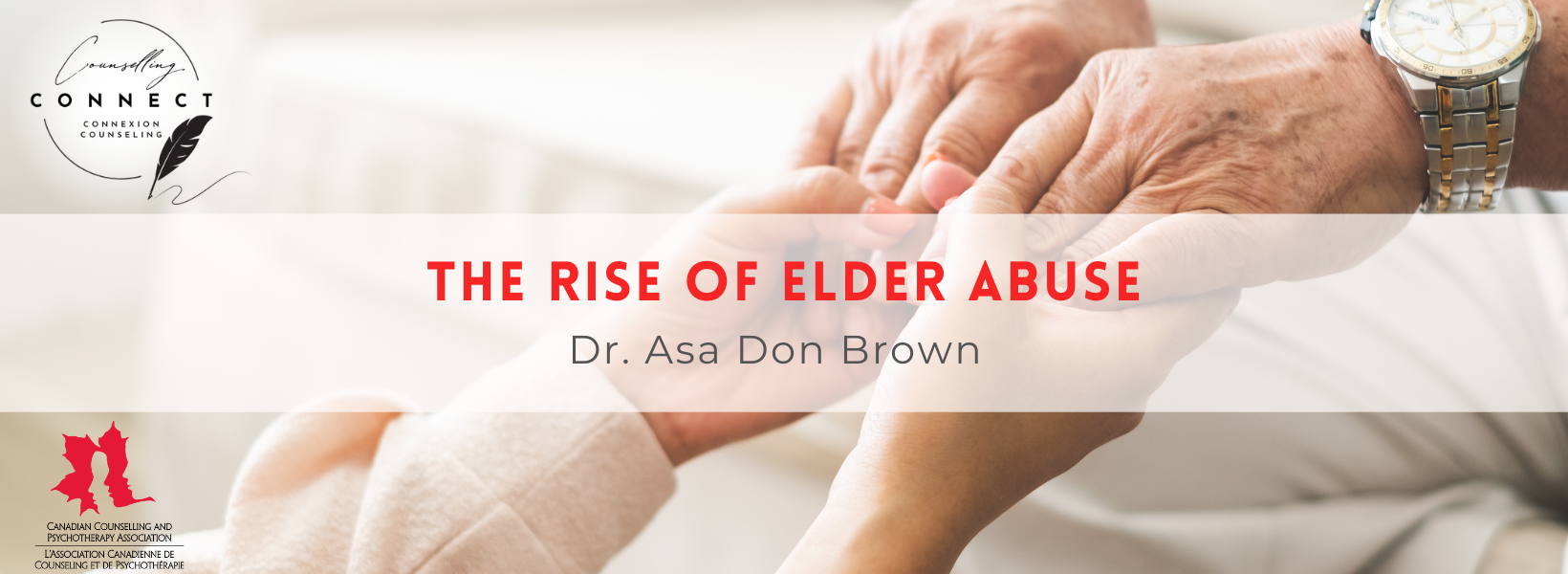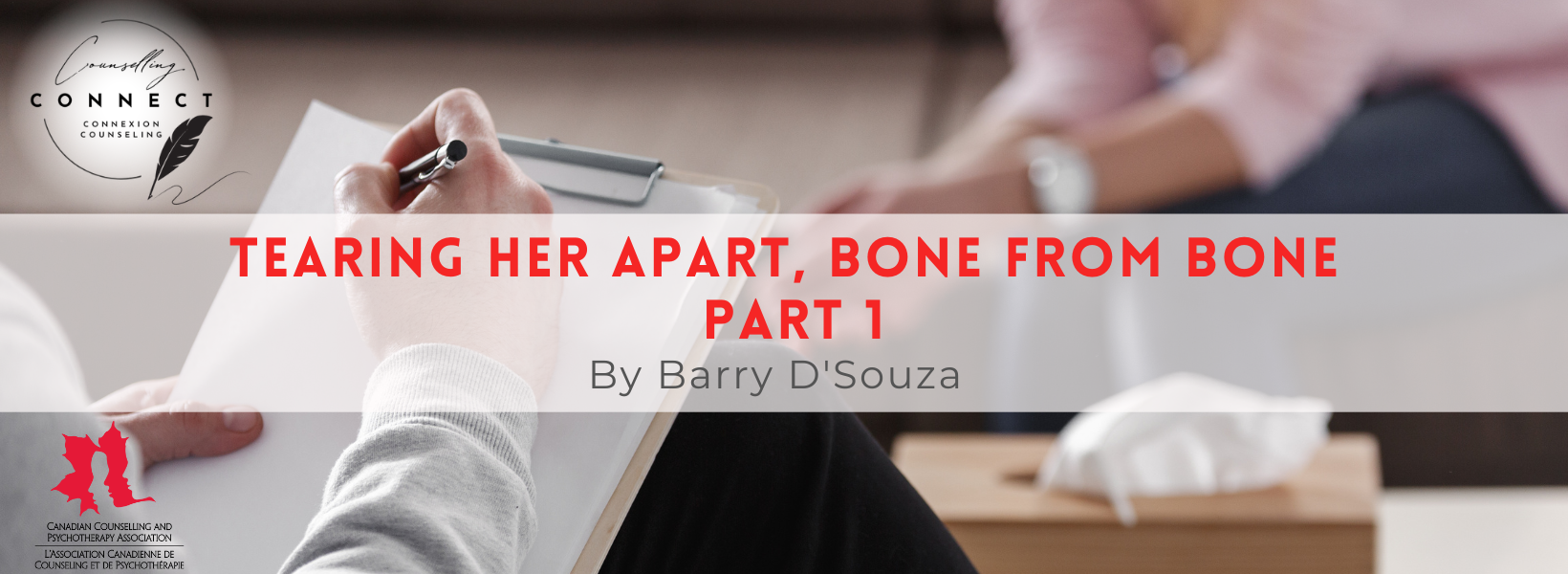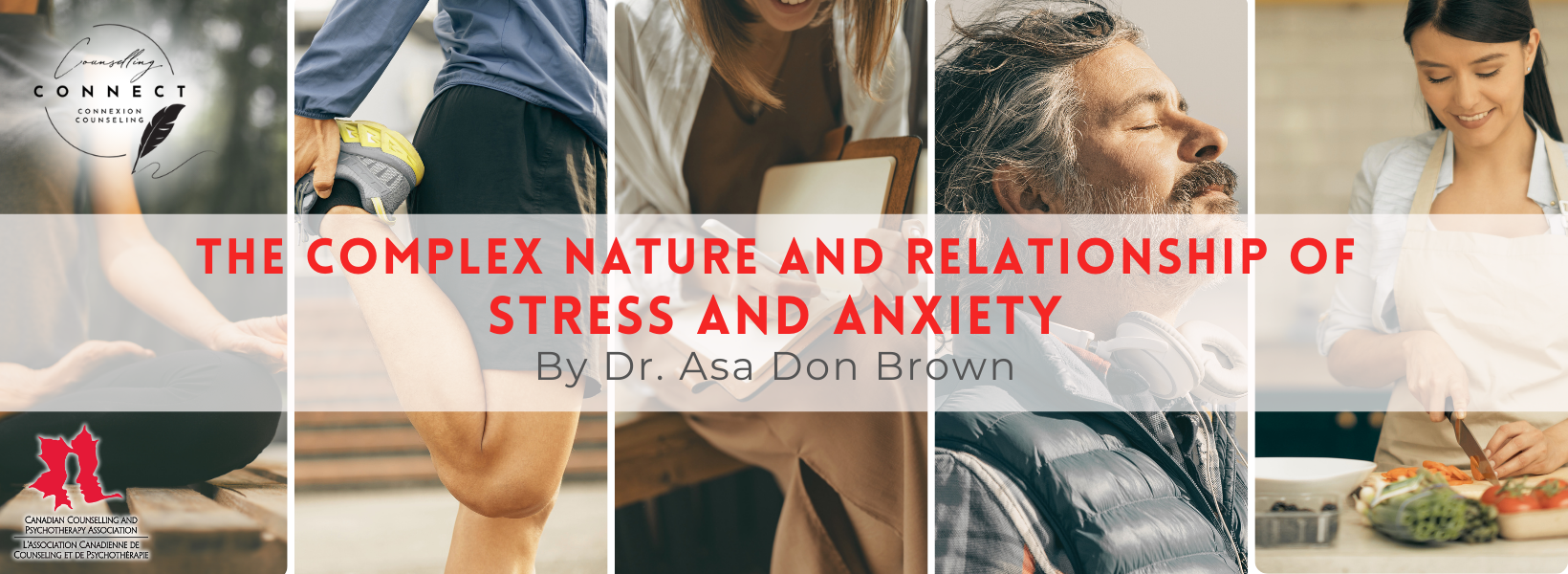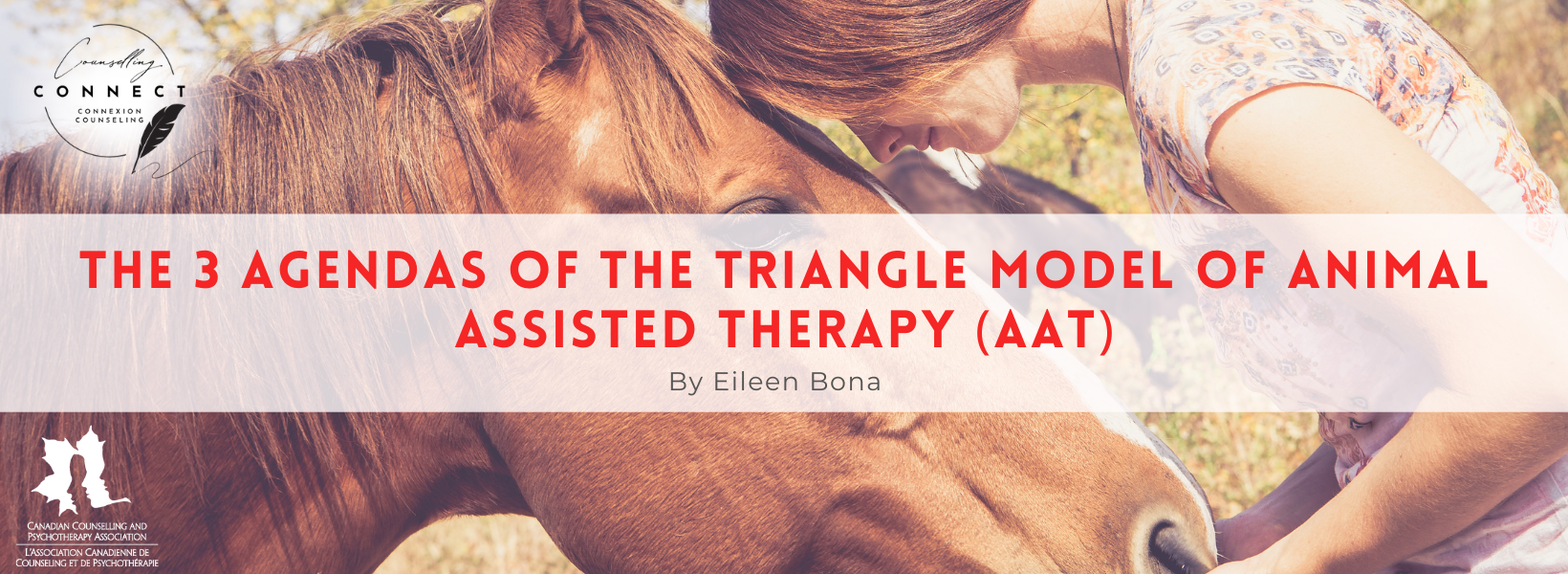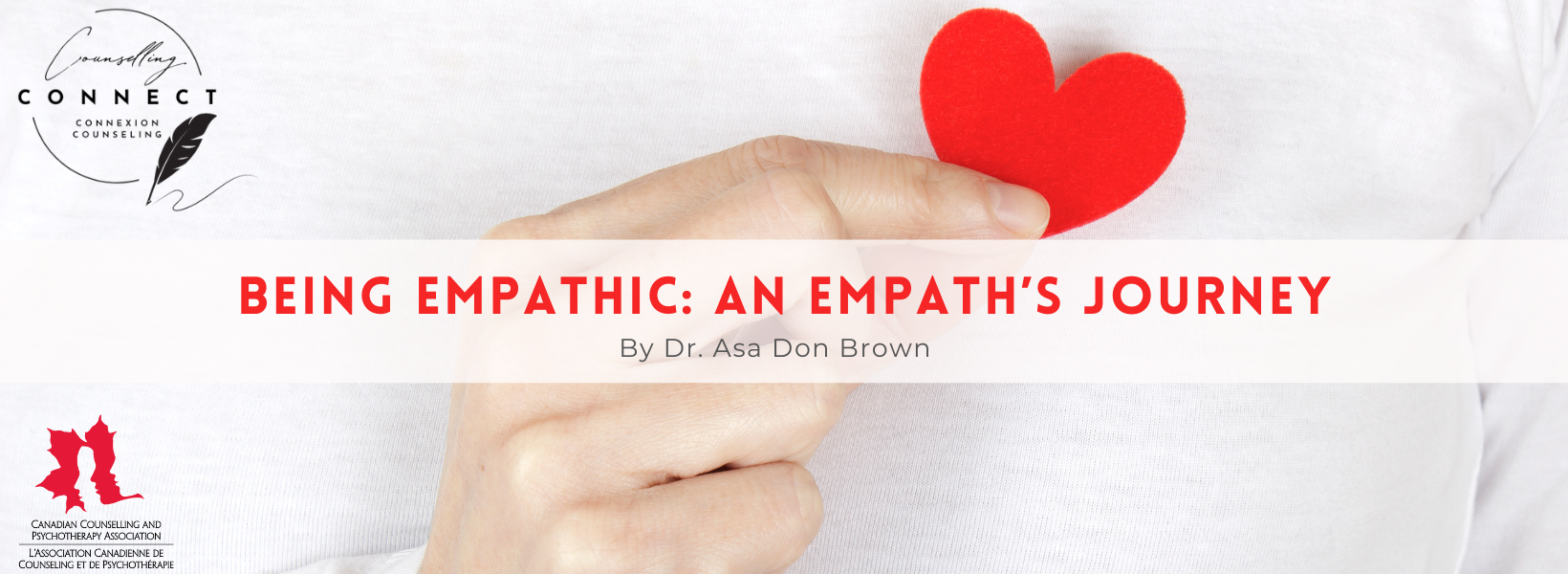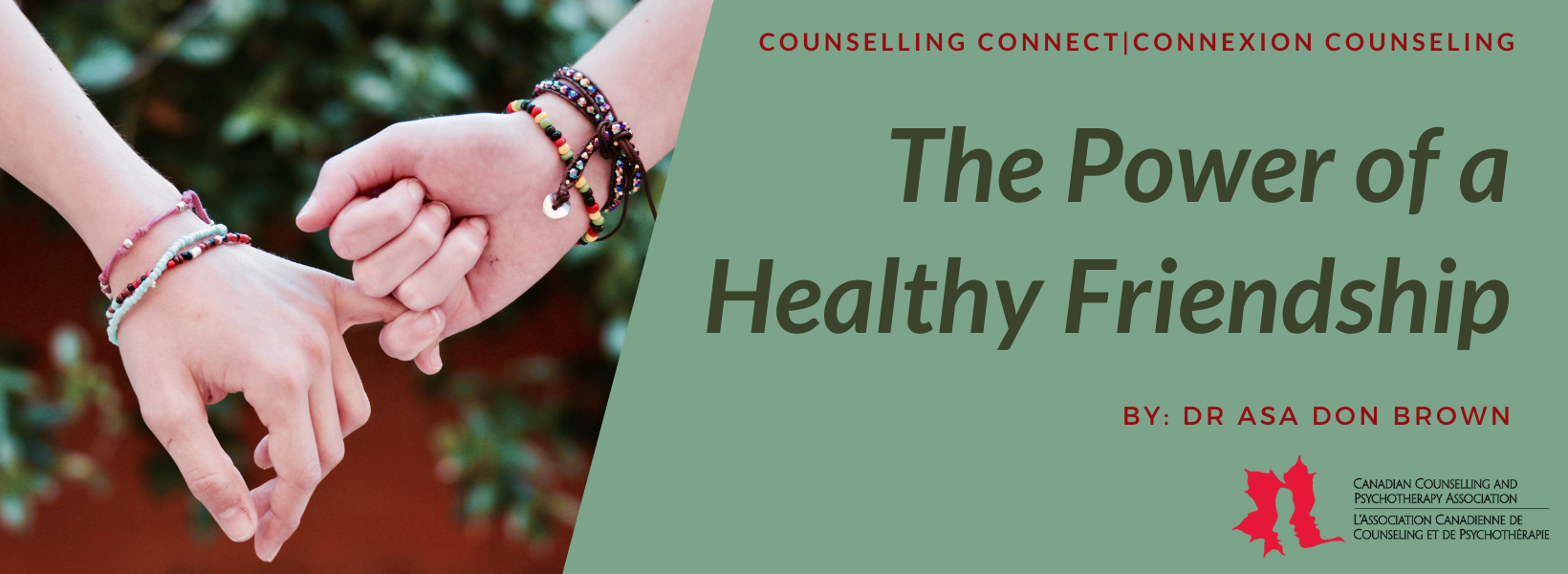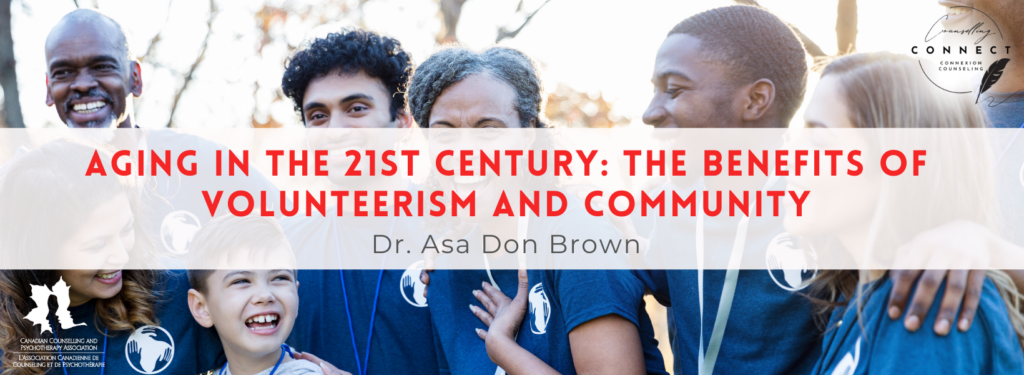
Older adults are more active, more mobile, more engaged and more energetic than previous generations. Their vitality may be explained through a variety of factors including a well established support system. Research conducted by Cigna healthcare (2024) “which was based on a survey of more than 10,000 adults of all ages, found that seniors have the highest average vitality score of any age group (71.5 vs. 67.2 for all adults). Even people a few years younger – 63 and 64 – tend to have lower vitality, with an average score of 68.9.” Surprisingly, adults between the ages of 18-24 scored the lowest at 64.4. Whereas, adults between 25-34 scored 66.5; 35-49 scored 66.8; and adults between 50-64 scored 66.0.
Cigna’s findings are fascinating to say the least, but what was it about these adults that caused them to stand out from younger generations. According to Cigna, they are typically more concerned about making healthier life choices. They are often capable of making healthier decisions, as far as, eating a well-balanced diet of fruits and vegetables, sleep habits, and they are free to come and go as they please. They have fewer stressors related to job performance and academic endeavors. Thus, the lifestyle and habits of an older and more mature adult offers something for younger generations to consider.
The Downside of Growing Older
The downside of growing older is that we begin to lose individuals close to us, our loved ones, our friends, and our community. The greatest challenge for many is losing their primary support system. A primary support system is a group of individuals with which we connect throughout the span of our life: this group may include our family, friends, and peers. Support systems act like glue reinforcing, supporting, and solidifying an individual. Without these proper support system in place, an individual may feel isolated, afraid, and intolerably alone. The lack of proper support systems exposes the individual to bouts of depression, feelings of isolation, and having a lower quality of life and perspective therein.
The Upside of Aging
The upside of aging is life itself. Whether you want to admit it, or not, you’ve been blessed with the gift of living a long life. Why then, not contribute something of yourself unto others? Why withdraw your knowledge, your talents, and your achievements? You have so much to offer of yourself. You have life experiences and influence that a younger individual has yet to develop. You have the ability to see life from a different perspective. Your worldview and personal insights may shed light on a variety of issues. While you may not completely understand or relate to all of the new trends, your background and knowledge set may offer a unique point-of-view on up-and-coming trends. Life is a constant continuum cycling from one generation to the next. It’s important to recognize that each generation harbors something of worth, knowledge, and substance. It’s not all about volunteering or offering of your time, but to isolate yourself from others, has its drawbacks.
The Benefits of a Healthy Support System
The benefits of a healthy support system are acceptance, fulfillment and overall satisfaction. The very definition and understanding of a support system may vary from person to person. Likewise, these systems may even vary as we age. Even the makeup and design of such a support system will undoubtedly be a reflection of our personal backgrounds, cultures, heritages, gender, and race. Let’s not forget that those backgrounds will be heavily influenced by our religious and political ideologies. However, it is not to say that your circle of friends and support system cannot be diverse and inclusive, because some of the best friendships start with diversity of thoughts, interests and perspectives.
Research has shown that having a healthy support system is vital for living a productive and fulfilled life. There are many benefits that come with having a healthy support system. Unfortunately, when we are aging the selection of friendships begins to thin out, leaving us with fewer connections over time. Many older individuals begin to withdraw and isolate from the outside world. This allows for such individuals to dwell on their past mistakes, errors, and troubles in life. They dwell on feelings of inadequacy and unfamiliarity. They dwell on, life, its fairness and the unfairness. We find ourselves connecting with fewer and fewer individuals.
Life isn’t perfect so let’s not allow the past to divert us from living in the moment. Not unlike our youth, as we age we are presented with a whole new learning curve. It’s about accepting our past failures and successes and the good and the bad. It’s about accepting our inner person. It’s about accepting what we have become and are capable of becoming. It’s about moving beyond the mistakes that we have made in this life. Remember that if we are fortunate enough to keep working throughout the span of our lives, then we have a built-in community of support. But I plead with you, do not compromise your own sense of integrity to have others in your life. Do not lay aside your long-held moral compass for a fractured compass that does not resemble your own moral and ethical standards. Not unlike our youth, the elder years will be about figuring out what we believe and why we believe, what we believe.
As a clinician, I have spoken with a variety of individuals over the years who have indicated feeling alone, isolated, and disposed of. There are those who have physical and mental health challenges that prevent them from living an active life. These issues may prevent them from being out-and-about, but it shouldn’t prevent them engaging with others and asking for others to reach out. Even if, an individual has no current social support system, there are resources that can be called upon and on behalf of the individual. It’s important to remember that research has clearly shown that staying active is key to living a more productive and healthier life. It’s not all about volunteering or offering of your time, but do not isolate yourself from others, because isolation has its drawbacks.
For those who are unsure of what to do next, I highly recommend that you consider volunteering for yourself and your time. Think of it this way, it’s a definite win-win. By volunteering, you will have a window of influence and you may have an opportunity to learn from others. I have no doubt that you will establish a new network of friends. It’s not uncommon to hear of elderly individuals volunteering throughout the span of their community. By the way, there are individuals volunteering in their local schools, hospitals, fire and ambulance departments, and religious venues. The volunteering does not end there, because I personally know of individuals who have volunteered in the gathering of the census, stats, and poll information. It is not uncommon for the elderly to find their groove by volunteering on behalf of the election processes, candidates, and political organizations. Please understand that this message is to encourage you and to uplift you. I am not saying that volunteering will be-all and end-all, but it’s one way in which you may establish a community. Remember this, volunteering is a win-win. You are not only offering your time, knowledge and efforts, but you are adding quality to your own life by being surrounded by others.
*The views expressed by our authors are personal opinions and do not necessarily reflect the views of the CCPA
